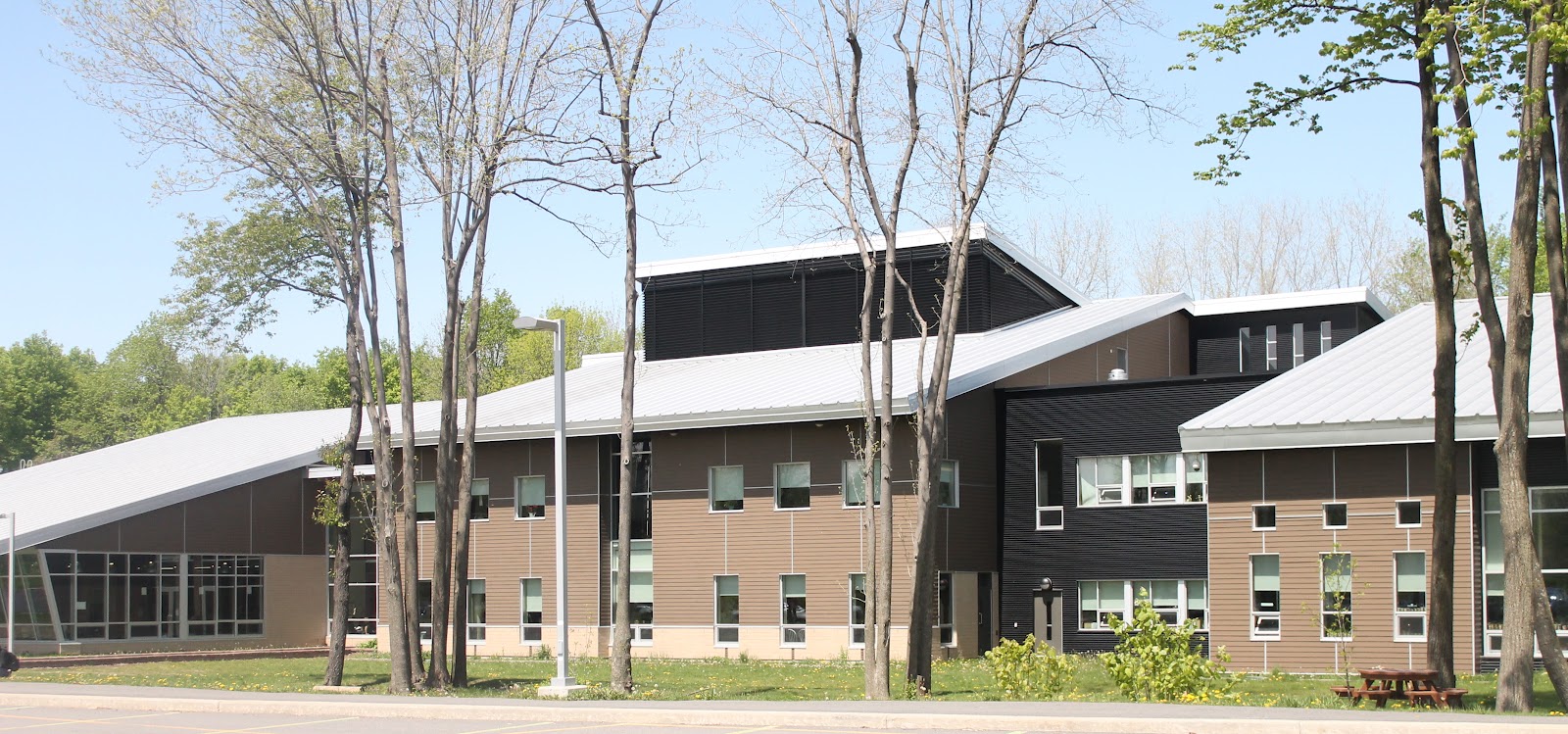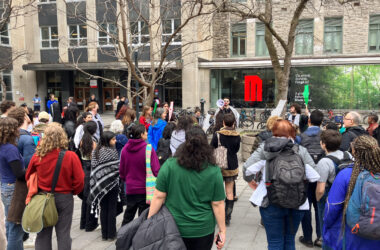The Ronteweiénstha Tehontatia'takéhnhen tutoring and separate mentorship programs at the Kahnawake Survival School (KSS), both run by the Social Equity and Diversity Education (SEDE) Office at McGill, held their first sessions of the year on Oct. 5 and Oct. 17 respectively. KSS is a community-run middle and high school serving students from the Kahnawake reservation near Montreal.
According to Allan Vicaire, Indigenous Education advisor at SEDE and program coordinator, programs at KSS were first launched in 2013.
“The tutoring program is entering its fourth year, and the mentorship program is entering its [… second] and a half year […],” said Allan Vicaire.
According to Petal McComber, guidance counselor at KSS and coordinator of the tutoring program, the student attendance varies based on the KSS students’ academic schedule
“It is open to all students from [grade] seven to eleven,” McComber said. “There can be 12 students one week and more on other weeks as exams are closer.”
On Wednesday afternoons, McGill students spend an hour and a half tutoring in Kahnawake. According to Vicaire, the program aims to help teachers bring all the students to the same level, especially in mathematics.
“From my understanding, the students in Kahnawake have access to three different elementary schools, so then I think when they come into KSS, it’s not all the same curriculum, so [they] all have a very different knowledge of mathematics,” Vicaire said.
The KSS students participate in the tutoring program voluntarily or at their teacher’s request. Vicaire noted that participation rates tend to increase as students become familiar with the program and create connections with tutors.
“It’s been remarkable to see the same students come out each week […],” Vicaire said. “Every year we always go through a little kind of bump and after […] we build that trust […] we have more participation from our [McGill] students and their students.”
Hannah Arseneau-Danielis, a U3 Education student who participated as a tutor last year, has observed the benefits of the program.
“I have noticed positive differences in many students over the course of the school year, both in terms of their academic performance and behaviour,” Arseneau-Danielis said. “I think this is related to a student's confidence [….] Completing homework is a positive achievement and relieves a lot of stress, while simultaneously boosting their confidence.”
In the mentorship program, KSS students are matched with a university student who can help them prepare for CEGEP. Vicaire explains that leaving the close-knit Kahnawake community and school area may be intimidating and McGill students can provide advice and reassurance.
“Their classes are small, [… they’re] 12 people, so that means they are always with the same people […] but when they get outside the community it can be overwhelming,” Vicaire said. “We pair up grade 11 students with McGill students […] and during the year there’s about six to eight activities.”
Vicaire emphasized the holistic approach of the program, which is to inform Kahnawake students about all the aspects surrounding post-secondary education, beyond their future programs and courses.
“We want to focus […] on [the idea that] going to university is also more than just a career, it’s more about being a transformative experience […] whether you want to join a sports team, or you want to be politically active […] there are so many options,” Vicaire said.
According to McComber, KSS students have given positive feedback on the opportunity to interact with older students.
“The students find it useful as they network and have a contact person that has gone through CEGEP and university, that have experienced similar issues that they may encounter,” McComber said.
All McGill students are welcome to participate in the tutoring program. Arseneau-Danielis thinks increased involvement of education students would enhance the positive impacts of the tutoring sessions, since their skills are of particular relevance to the program.
“We have a lot to offer as future teachers because we are receiving specialized training in this field [….],” Arseneau-Danielis said. “I think the program is extremely beneficial and a great addition to the McGill and greater Montreal community.”
Rachel Simmons, a research assistant to the chair of the Department of Family Medicine who graduated with master’s degree from McGill in 2015, participated in the program last year and felt that the tutoring sessions benefited both tutors and tutees.
“I think the tutors learn a lot too,” Simmons said. “I certainly learned a lot about a community that struggles with high-school dropout rates, and how to still achieve meaningful progress academically even if you may not have access to all the resources you are used to.”









